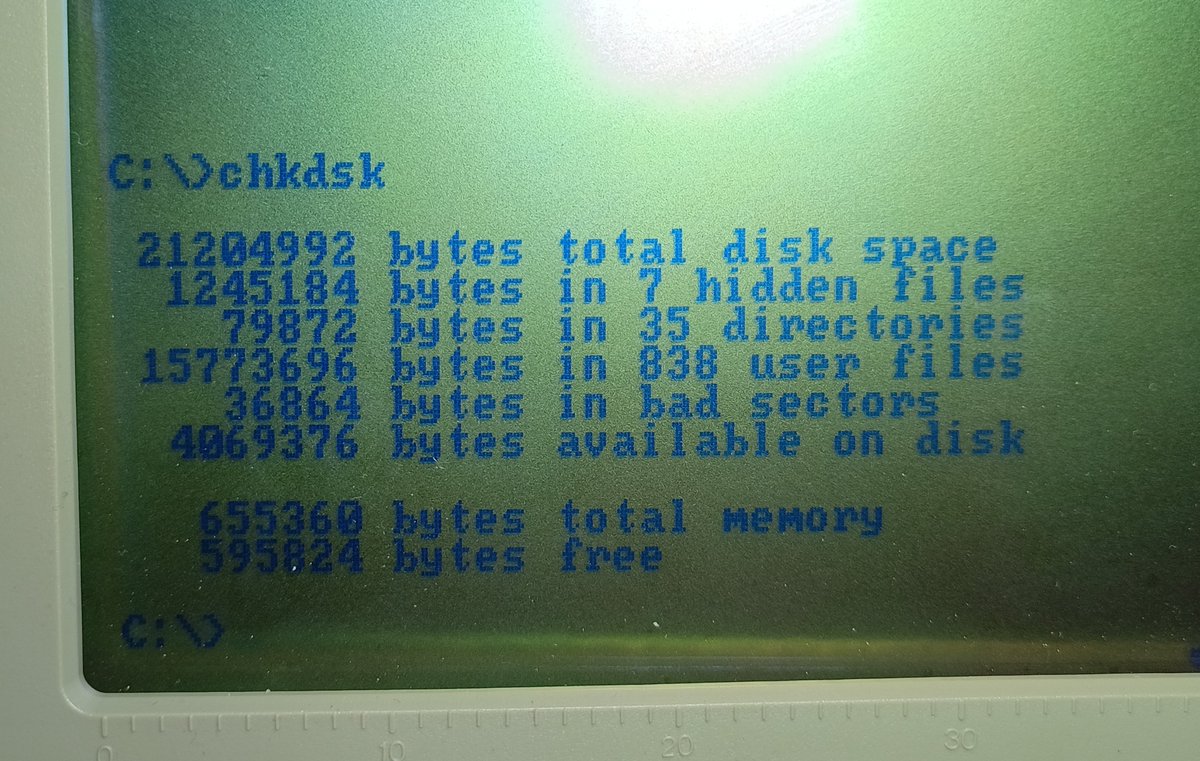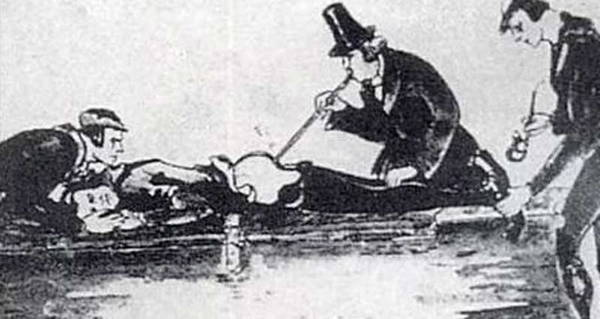I think this is going back towards having pharmacists act as the police of a script without the tools necessary to do that
I see why they started it, but I worry it could cause a lot more harm then good.
There are instances where someone might get a script for a new pt from a new provider and have no background on either of them. That’s typically what it looks like with diversion
I think this is going back towards having pharmacists act as the police of a script without the tools necessary to do that
We are not, or at least not supposed to be. The idea that we are somehow to know that a patient is in pain or not (something subjective that we can’t see) and then if we give an Rx that wasn’t appropriate we can lose our license
It doesn’t make sense. Pharmacists are here to be there for patients and support them, yet this make them worry that they’re being duped
Prevents them from being able to properly listen and evaluate the patient and help them
But because of this undue pressure, they tend to get the least of any of those.
Why? Because of too much overreach putting immense pressure on providers to be gatekeepers and dea agents instead of just being pharmacists and physicians
But this is again supporting that overarching idea of gatekeeping meds which I don’t support.
We are there to ensure people are kept safe and treated properly, not gatekeep meds
I see the purpose it serves to fill, it’s not intended to just be slander for pain docs. It’s intentions I believe are good.
But I worry about it not being used as it is intended. It will likely hurt pain patients more that it helps others.
Pharmacists are investigators, we aren’t detectives. Others may want us to be, but we didn’t train for that
We were trained to keep people safe and healthy and treat their diseases or conditions
We can’t others agenda’s change that
More from For later read
You May Also Like
1/ Here’s a list of conversational frameworks I’ve picked up that have been helpful.
Please add your own.
2/ The Magic Question: "What would need to be true for you
3/ On evaluating where someone’s head is at regarding a topic they are being wishy-washy about or delaying.
“Gun to the head—what would you decide now?”
“Fast forward 6 months after your sabbatical--how would you decide: what criteria is most important to you?”
4/ Other Q’s re: decisions:
“Putting aside a list of pros/cons, what’s the *one* reason you’re doing this?” “Why is that the most important reason?”
“What’s end-game here?”
“What does success look like in a world where you pick that path?”
5/ When listening, after empathizing, and wanting to help them make their own decisions without imposing your world view:
“What would the best version of yourself do”?
Please add your own.
2/ The Magic Question: "What would need to be true for you
1/\u201cWhat would need to be true for you to\u2026.X\u201d
— Erik Torenberg (@eriktorenberg) December 4, 2018
Why is this the most powerful question you can ask when attempting to reach an agreement with another human being or organization?
A thread, co-written by @deanmbrody: https://t.co/Yo6jHbSit9
3/ On evaluating where someone’s head is at regarding a topic they are being wishy-washy about or delaying.
“Gun to the head—what would you decide now?”
“Fast forward 6 months after your sabbatical--how would you decide: what criteria is most important to you?”
4/ Other Q’s re: decisions:
“Putting aside a list of pros/cons, what’s the *one* reason you’re doing this?” “Why is that the most important reason?”
“What’s end-game here?”
“What does success look like in a world where you pick that path?”
5/ When listening, after empathizing, and wanting to help them make their own decisions without imposing your world view:
“What would the best version of yourself do”?






















